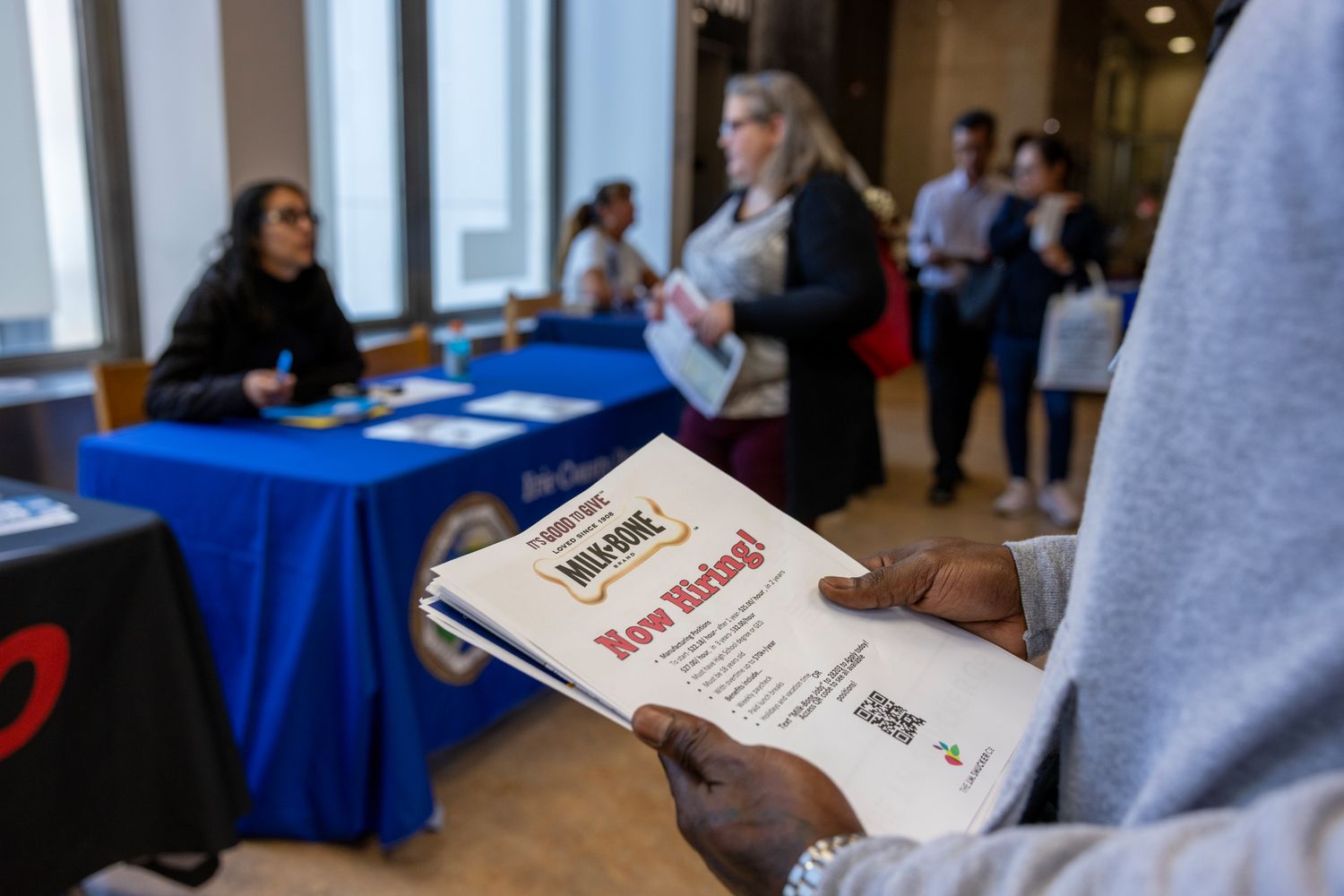Key Takeaways
The job market may be at greater risk of faltering than widely thought, according to a recent analysis.
Economists at UBS argued that many employers are laying off workers at average or elevated rates, contrary to prevailing descriptions of the job market as having low hiring and low firing.
Tariffs have damaged the job market, leading companies to hire fewer people and in some cases lay off their current employees.
Many economists have described today’s labor market as one of little hiring and little firing, but the second half of that equation may not be as true as it was a few months ago.
Recent data suggests the job market may still be facing lower hiring, but is now shifting to a trend of at least medium-level layoffs. Recent red flags include a surge of unemployment claims to their highest level in four years, and an uptick of layoff announcements, which were 13% higher in August than a year before, according to consulting firm Challenger, Gray & Christmas.
Taken together, the recent data suggest hiring has been slowing while layoffs have been running at or above normal levels. Economists at UBS said last week that the economy could be at greater risk of falling into a recession than widely believed.
“The prevailing narrative that firms are not laying off workers is incorrect,” economists led by Jonathan Pingle wrote in a commentary. “Thus, with layoffs running at a normal clip, if hiring slows much further, the labor market would tip into contraction.”
To be sure, some data about the job market, including the Bureau of Labor Statistics’ widely watched report on job openings and labor turnover, indicates layoffs remained near historically low rates at least through July. However, Pingle wrote that the BLS data “has difficulty accurately capturing separation” and is not a reliable real-time indicator of job losses.
Pingle’s analysis did not delve into the causes of the job market’s labor ailments, but many economists have pointed the finger at President Donald Trump’s economic policies, especially his far-reaching campaign of raising tariffs on trading partners. The trade wars have stoked uncertainty among business leaders, increased costs, and pinched household budgets, all of which have discouraged spending.

